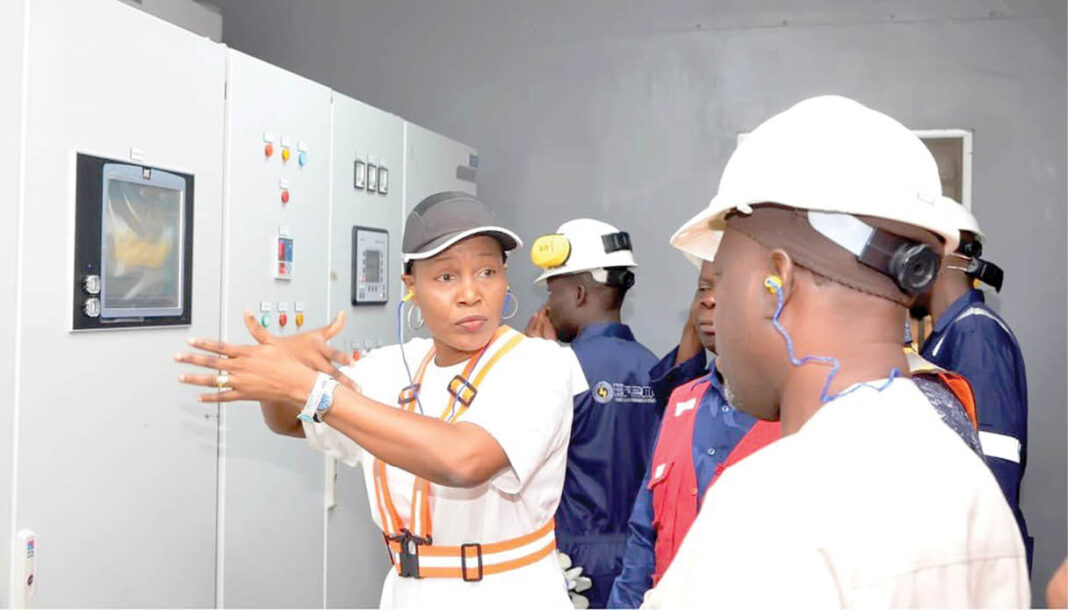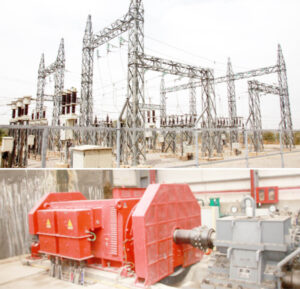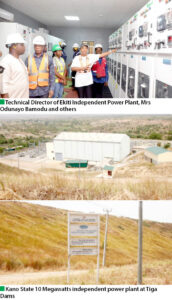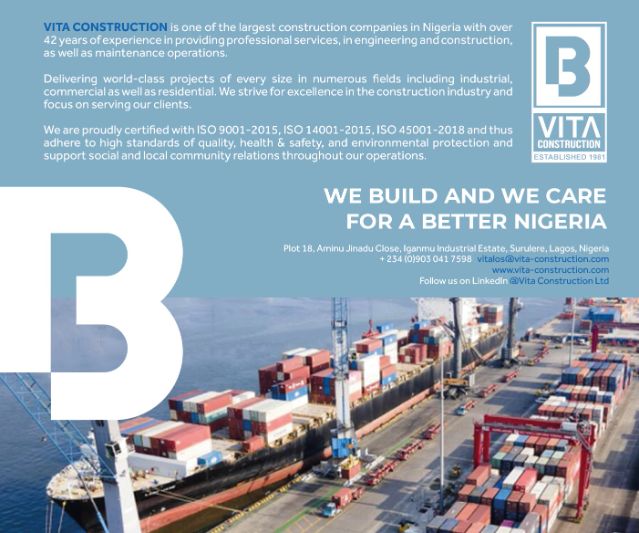Erratic electricity supply and frequent power cuts are partly responsible for the sluggish growth of Nigeria’s economy, Headlinews.news report.
By Abiodun Alade (Lagos), Salim Umar Ibrahim (Kano), Iniabasi Umo (Uyo), Usman A. Bello (Benin), and Eyo Charles (Calabar).
Despite having 28 private and government-owned power generation plants, Nigeria faces challenges with low power generation, transmission, and distribution capacities, standing at approximately 5,625MW, 8,500MW, and 8,425MW, respectively. These figures are considered inadequate for achieving an industrial revolution in the country.
The reliance on generators to power homes and businesses, driven by the insufficient national grid capacity, has put financial strain on households and businesses. This strain has intensified since the removal of the petrol subsidy by President Bola Tinubu in May, leading to a tripled increase in fuel prices.
The Energy Commission of Nigeria estimates that individuals and businesses spend $22 billion annually on generator fuel. Notably, the collective capacity of the 22 million generators in Nigeria, approximately 42 GW, surpasses the national grid’s capacity of around 5.4 GW by eight times.
The Nigerian Electricity Regulatory Commission’s 2022 Electricity Market Competition Report revealed a decline in Nigeria’s available power generation capacity by 2,324 megawatts. This decline was attributed to deteriorating plant capacities, poor maintenance due to liquidity challenges, and other factors.
Headlinews.news investigation revealed that power plants across Nigeria, including in Kano and southern regions, are performing below their capacities despite substantial government investments. For example, eight plants with a total contract capacity of 4,257 MW and tested capacity of 1,762 MW are only generating an average of 11% of net contract capacity and about 27% of tested capacity as of 2021.
In Kano, a 10MW hydropower plant initiated a decade ago is yet to commence full operation, facing delays and financial challenges. In Akwa Ibom, the Ibom Power Plant is underutilized due to transmission line issues and distribution challenges, prompting the state government to secure an electricity distribution license.
The Azura Edo power plant, operational since May 2018, has not significantly improved the power supply in Edo state. Challenges include commercial issues and forex challenges hindering the replacement of outdated components.
On a positive note, Ekiti State’s Independent Power Plant (IPP) recently commenced operations, addressing electricity shortages and reducing dependence on the national grid. The IPP aims to guarantee power supply to essential public facilities and offers 24-hour uninterrupted power supply.
Cross River state residents noted improved power supply from the FG-owned power plant in Ikot Nyong, demonstrating positive outcomes from government investments.
However, Tony Elumelu, chairman of Transcorp Power Limited, highlighted challenges in optimal power plant operation due to insufficient gas supply, despite Nigeria’s abundant gas resources. He emphasized the need for a change in regulatory regimes and policies to address these issues.
Minister of Power, Adebayo Adelabu, expressed concern over Nigeria’s stagnant electricity transmission and distribution capacity at 4,000MW, emphasizing the inadequacy for economic growth. He highlighted the need for significant investments, estimating $262 billion to achieve the target of expanding electricity generation capacity to 30,000MW by 2030.













